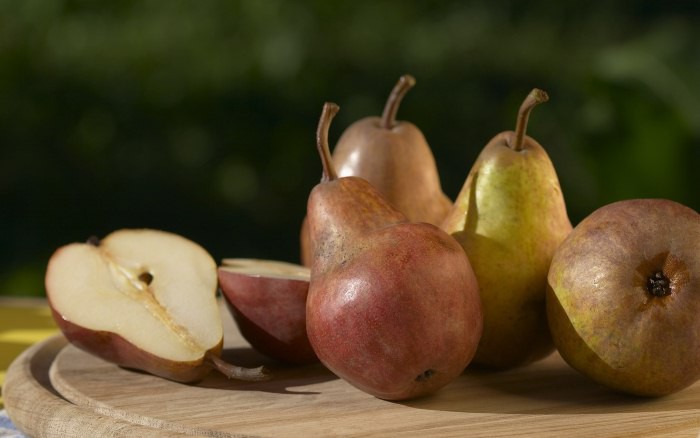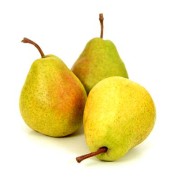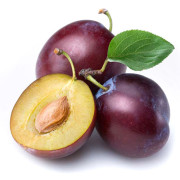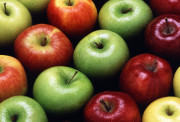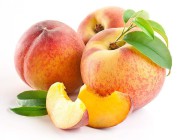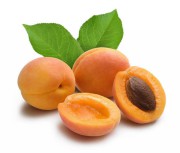The benefits of pears and harm to the body. Composition, characteristics, properties and calorie content. What is the value or what vitamins are in the pear.
Homer's legendary "Odyssey" mentions wondrous fruits ripening in the gardens of the Persian king. These fruits were pears, which today are difficult to surprise anyone with.
Pears belong to the fruit crops, which are not only a tasty delicacy, but also useful fruits in many respects. Therefore, in many countries, pear production is an important sector of the economy. Thus, among many countries, China occupies a leading position in the production of these tasty and healthy fruits.
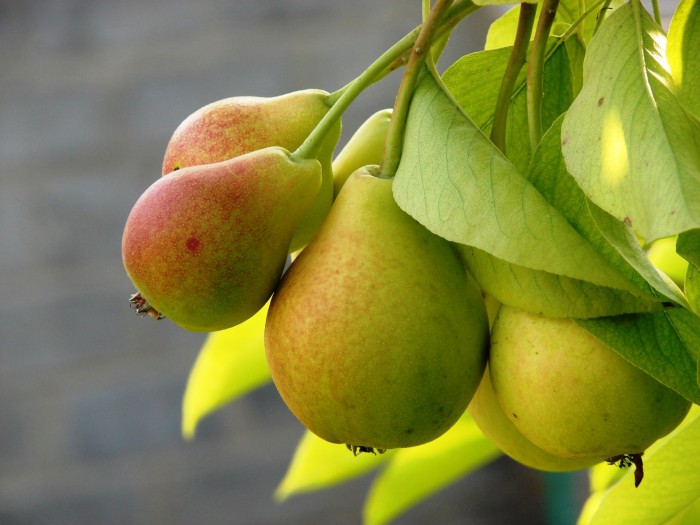
The low energy value of pears, amounting to only 42 kcal per 100 g of product, has led to the widespread use of these fruits as food for those who want to lose extra pounds. Despite their low energy value, the fruits of the pear tree contain sugars and organic acids, enzymes and fiber, tannins and pectins, vitamins C, B1, P, PP, carotene (provitamin A), and phytoncides. The amount of folic acid in pears is much greater than in black currants. Therefore, these fruits are recommended for pregnant women, children and those who have serious problems with hematopoiesis. It is worth noting that pears contain much less sugar than apples, which has a positive effect on the consumption of these fruits by patients with diabetes, although at first glance pears seem much sweeter than apples.The microelements contained in pears, in particular iodine, have a beneficial effect on the body as a whole and, especially, on the functioning of the thyroid gland.
Experts recommend eating pears for people suffering from cardiovascular diseases, as these tasty fruits contain a large amount of potassium, which has a beneficial effect on the functioning of the heart muscles. In addition, nutritionists recommend pears for those who have lung problems.

Photo: pears on a tree.
It is worth noting that those pears that are distinguished by their aromatic and persistent odor are considered the most useful.
People suffering from diseases of the digestive system are also advised to eat pears, as these fruits have a beneficial effect on the processes of food digestion. The fixing properties of pears have long been known. Therefore, they are recommended to be used to combat diarrhea. The tender pulp of pears is easier and faster absorbed by the body than the rough pulp of apples.
If you eat two pears in the morning, then in patients with cholecystitis and gastritis, pain, heartburn and discomfort in the intestines will disappear.

Pears can be called an excellent antidepressant, since those who regularly consume them are in a good mood and have a cheerful disposition.
The antibiotic arbutin contained in pears gives these fruits antibacterial properties, which has a beneficial effect on the treatment of certain diseases. Therefore, when fighting bacterial infections, pear juice and pear compote are recommended as a general tonic and vitamin remedy. In addition, the substances contained in pears are an excellent means of strengthening the walls of blood vessels.
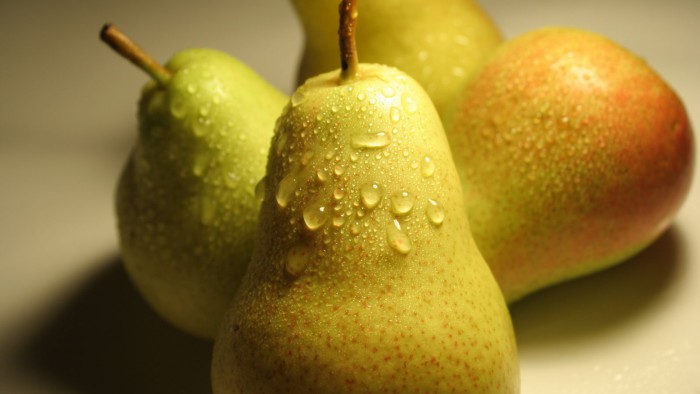
Pears are also an excellent cosmetic product.The pulp from ripe fruits is used to prepare masks that improve complexion and give skin elasticity. It is worth noting that wild pears are more suitable for cosmetic use, since they contain biologically active substances in large quantities.
It should be noted that certain varieties of pears are not suitable for everyone. Thus, sour and tart fruits are difficult for the body of older people to digest. Therefore, such pears are not recommended for older people. However, younger people can consume sour and tart fruits to improve the functioning of the digestive system.

The unique fiber contained in pears has the property of irritating the mucous membranes of the small intestine. Therefore, during periods of exacerbation of diseases of the gastrointestinal tract, you should avoid eating pears.
The diuretic, fixative, disinfectant, antitussive and antipyretic properties of pears have long been used by traditional medicine. Not only fresh but also dried fruits were used for medicinal purposes. Various ailments were also treated with decoctions and juice from pears.
It is known that with the help of pears, ancient Arab doctors treated fever, lung diseases, and also used pears to treat wounds.
Pears can bring invaluable help to the body, but they can also cause harm if consumed incorrectly. You should not eat pears on an empty stomach, or eat meat after eating pears. It is not recommended to drink these fruits with water, or to eat pears immediately after a heavy meal.
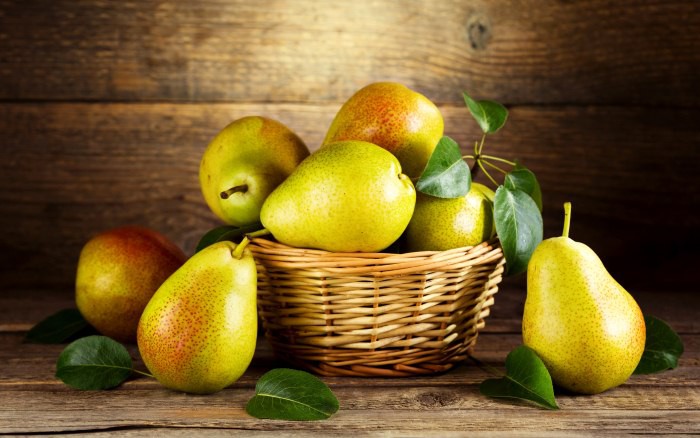
Unlike apples, pears cannot be stored for long. To prevent pears from spoiling longer, they must be kept in the cold.In any case, it is necessary to check the pears that are stored from time to time and regularly remove fruits that have spoiled. The duration of storage of pears depends on their variety.
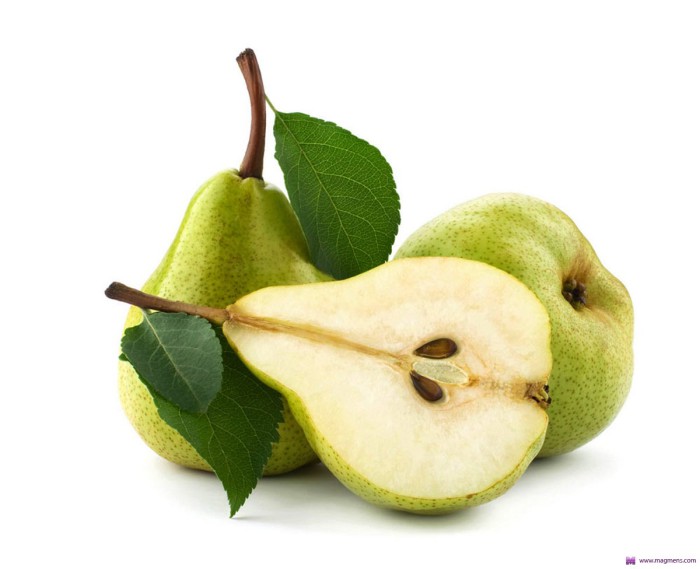
Pears should not be frozen, as frozen fruits become unsuitable for consumption.
